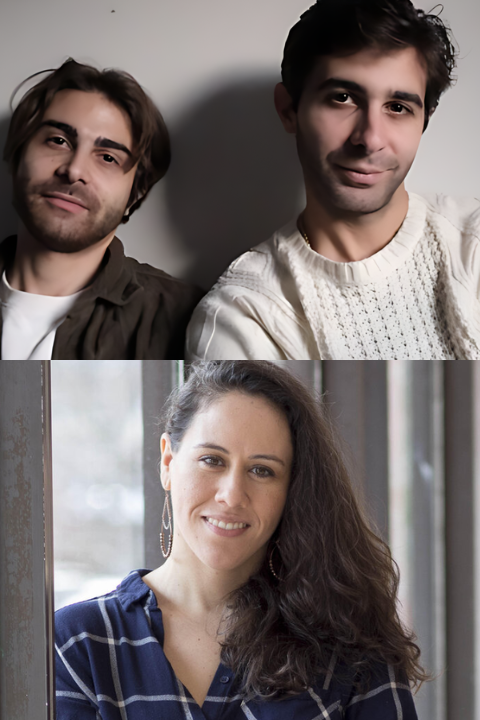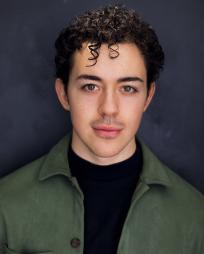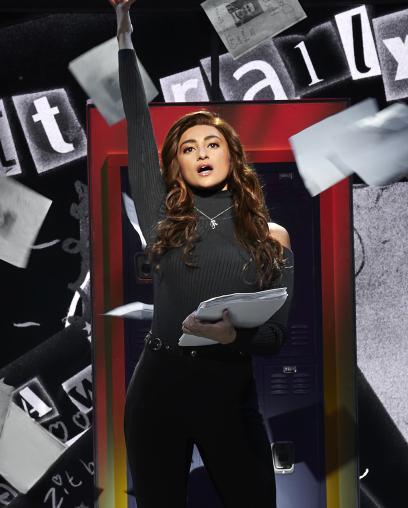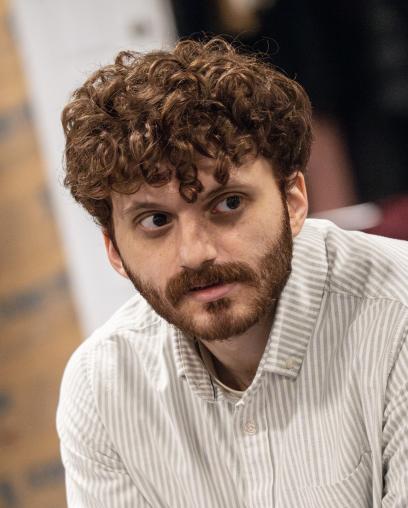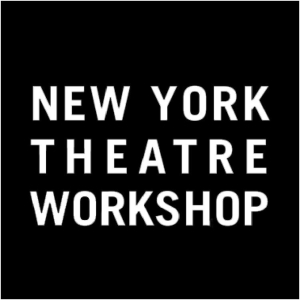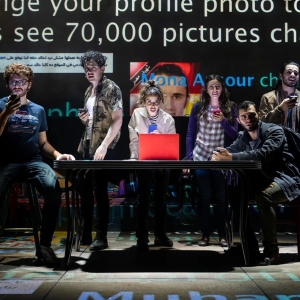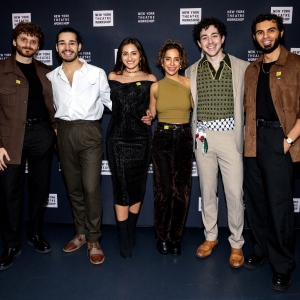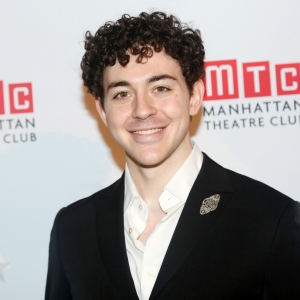We Live in Cairo - 2024 Off-Broadway History , Info & More
New York Theatre Workshop
79 East 4th Street New York, NY 10003
Inspired by the young Egyptians who took to the streets amidst the throes of the Arab Spring, We Live in Cairo follows six student activists using their street art, photography and song to overthrow a regime older than they are. Winner of the Richard Rodgers Award for Musical Theater, this soaring new musical from Jonathan Larson Grant winners and NYTW Usual Suspects Daniel & Patrick Lazour journeys from the jubilation of the Tahrir Square protests through the aftermath of the years that followed. As escalating division and violence lead to a military crackdown, the young revolutionaries of Cairo must weigh the cost of how—or even whether—to keep their dreams of change alive. Obie Award winner and NYTW Usual Suspect Taibi Magar (The Half-God of Rainfall) directs.
We Live in Cairo - 2024 - Off-Broadway Cast
FEATURED REVIEWS FOR We Live in Cairo
We Live in Cairo: 2012 Egyptian Revolution Set to Music, Craftily Explored
8 / 10
As insightfully disturbing as We Live in Cairo reportedly was when first produced at the American Repertory Theater in Cambridge in 2019, it might be even more painfully disturbing when considered as a preview of coming attractions were the United States to become an authoritarian country any time soon. Is this on the Lazours’ minds? It would be difficult to believe it isn’t, more’s the worry.
theater review Oct. 28, 2024 International Arrivals: We Live in Cairo and Bad Kreyòl
6 / 10
As with many a project that’s been in development for over a decade, especially a new musical from new writers, you can sense the Lazours’ mad rush to get everything they want onto the page initially, as well as the toothiness that sets in after too many rounds of workshops and revisions (We Live in Cairo was at ART back in 2019 and has moved through a bevy of other developmental programs). Their book, in the first act, strains as it gets these characters on their feet while also offering the audience a primer on 2010s Egyptian politics; often, they default to rote exposition, which Magar has the actors deliver dutifully. We’re told the differences between the characters’ backgrounds and political stances — the two brothers are Coptic Christians, the others are generally secular Muslims, and Karim befriends an acolyte, Hassan (Drew Elhamalawy), whose family members are Muslim Brotherhood — in bursts of dialogue where you might hope for the tension to lie in action or music. The songs, some of which made it onto an album released during the pandemic, contain real highs, like an a cappella number that introduces the second act, though there are also darlings that express a feeling well but don’t service the drama in situ.
We Live in Cairo History
Other Productions of We Live in Cairo
| 2024 | Off-Broadway |
NYTW Off-Broadway Premiere Off-Broadway |
Videos


